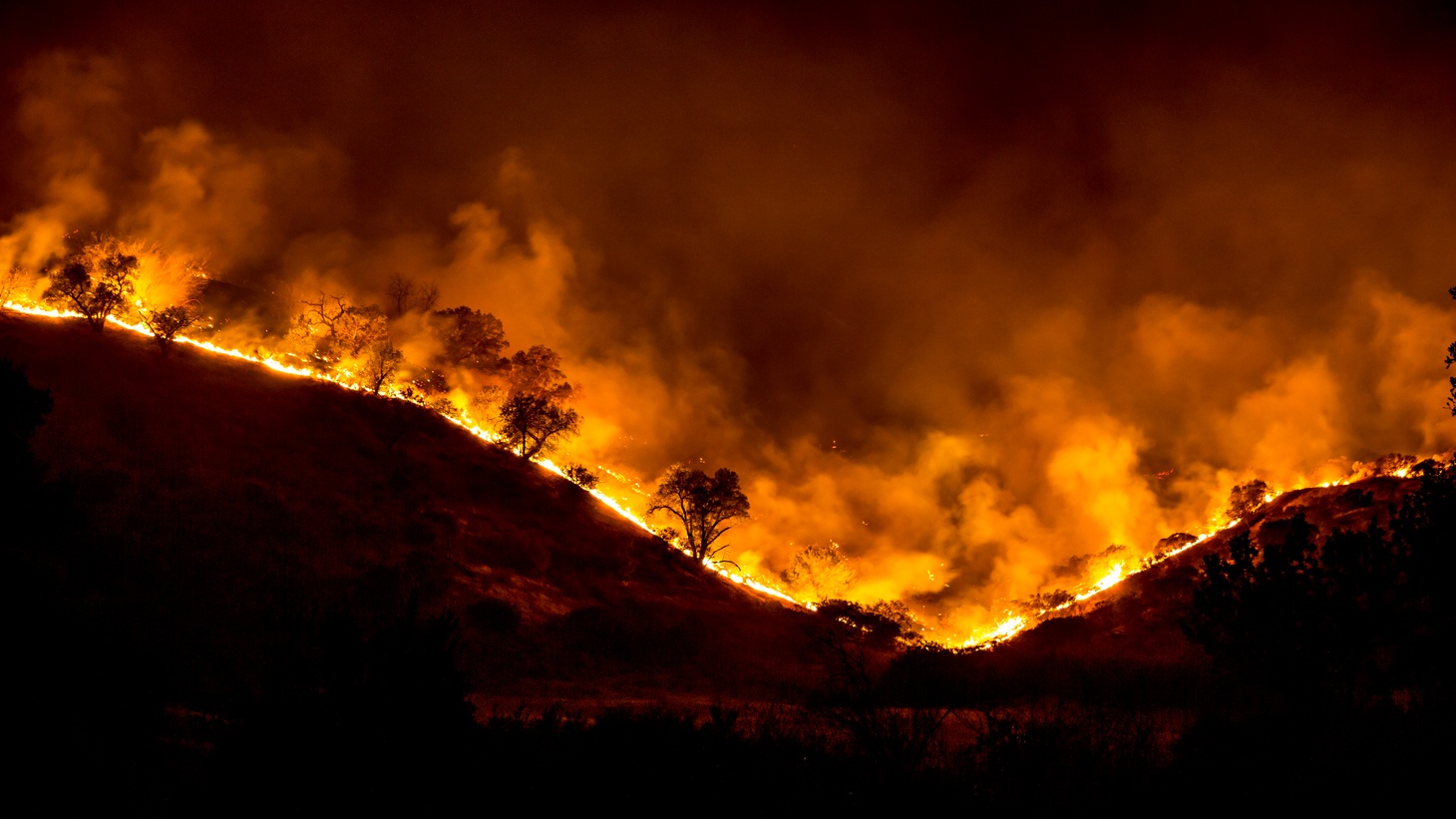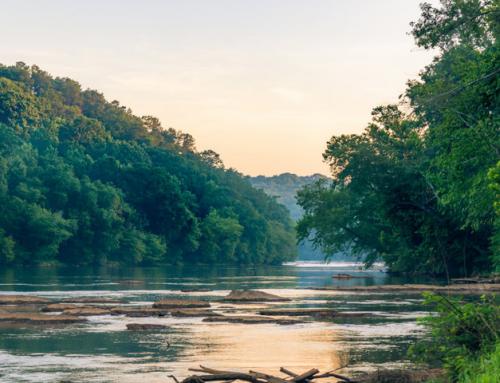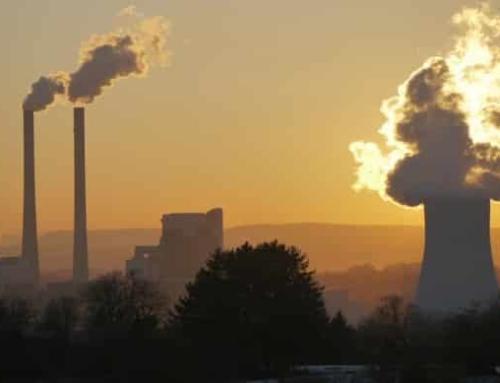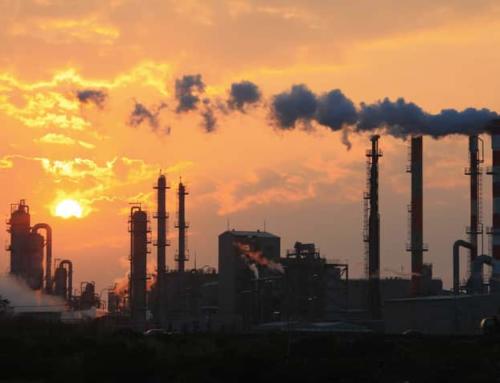In the past few years, the wildfires that normally blaze through the drier California regions have worsened. Photos of the devastating damage are always prevalent in various news outlets as homes are destroyed and the flames come dangerously close to the highways used to flee the fires. But the effects of the fires extend beyond personal property and safety. Water utilities suffer too, as wildfires can “contaminate water, scorch watersheds, damage delivery systems, and upend an agency’s finances.” As the severity of wildfires worsen with changing climate and weather patterns, water providers’ emergency preparedness plans need to be updated.
Wildfires can result in power loss, melted meters and pipes, compromised pipelines, broken service connections, excessive water drainage, and toxic chemical leakage into the water supply. Land and soil disturbed by wildfires can eventually undergo landslides during heavy rainfall, contaminating water mains with mud and debris. The City of Santa Rosa is one example of a city that didn’t plan for the extent of the damage to the water system. The city’s Water Utilities Department experienced severe wildfires in 2017 that melted plastic pipelines and caused odor and taste problems in the water. Like Santa Rosa, many of these utilities in California are more prepared for earthquakes than they are for fires. Flushing pipelines and taking first draw samples following such an event are examples of adjustments to the emergency response plan to mitigate the effects of wildfires.
Apart from the lasting issues caused by direct effects of wildfire damage, power utilities have implemented a relatively new emergency response measure to mitigate the risk of worsening fires: power shut-offs. These power shut-offs, though necessary to “prevent high winds from sparking fires from downed utility lines and poles,” cause major issues for both private citizens and water utilities. Electricity is necessary for many water utilities to pump water through their systems. As the frequency and intensity of wildfires increases in California, public utilities will have to converge their emergency response plans so as not to completely disable any one system.
The utilities that suffered from the effects of Woosley Fire and Camp Fire of 2018 recommend to agencies across California that they prepare for the worst, perform tabletop exercises, practice filing a FEMA claim, and invest in backup power. With these changes, hopefully recovery from future wildfire emergencies will be more efficient and effective, keeping service providers and citizens safer, and allowing utilities to recover their full capacity more quickly and cheaply after an emergency.






